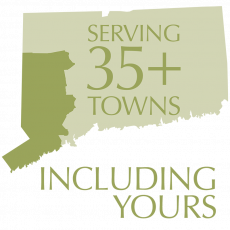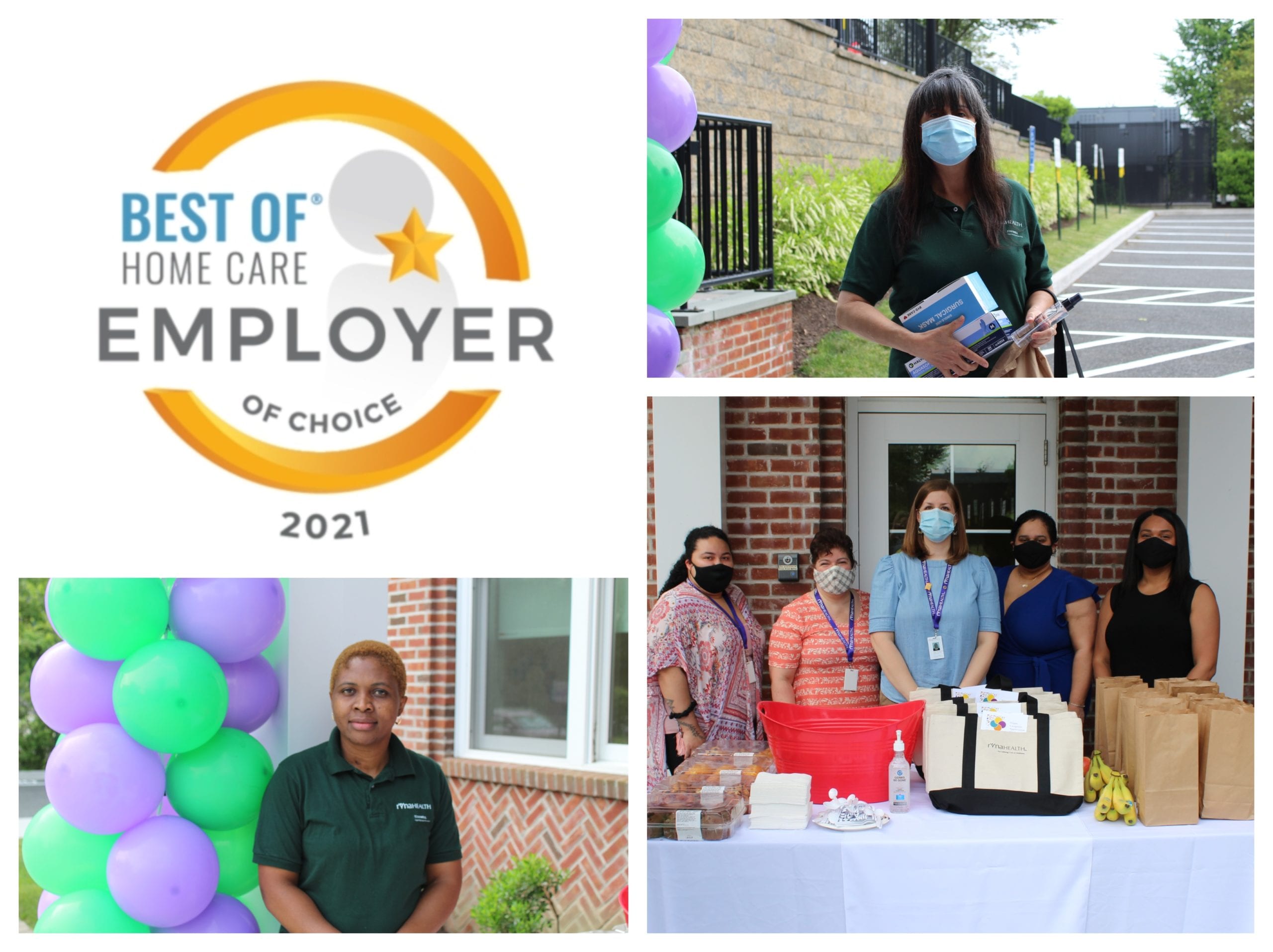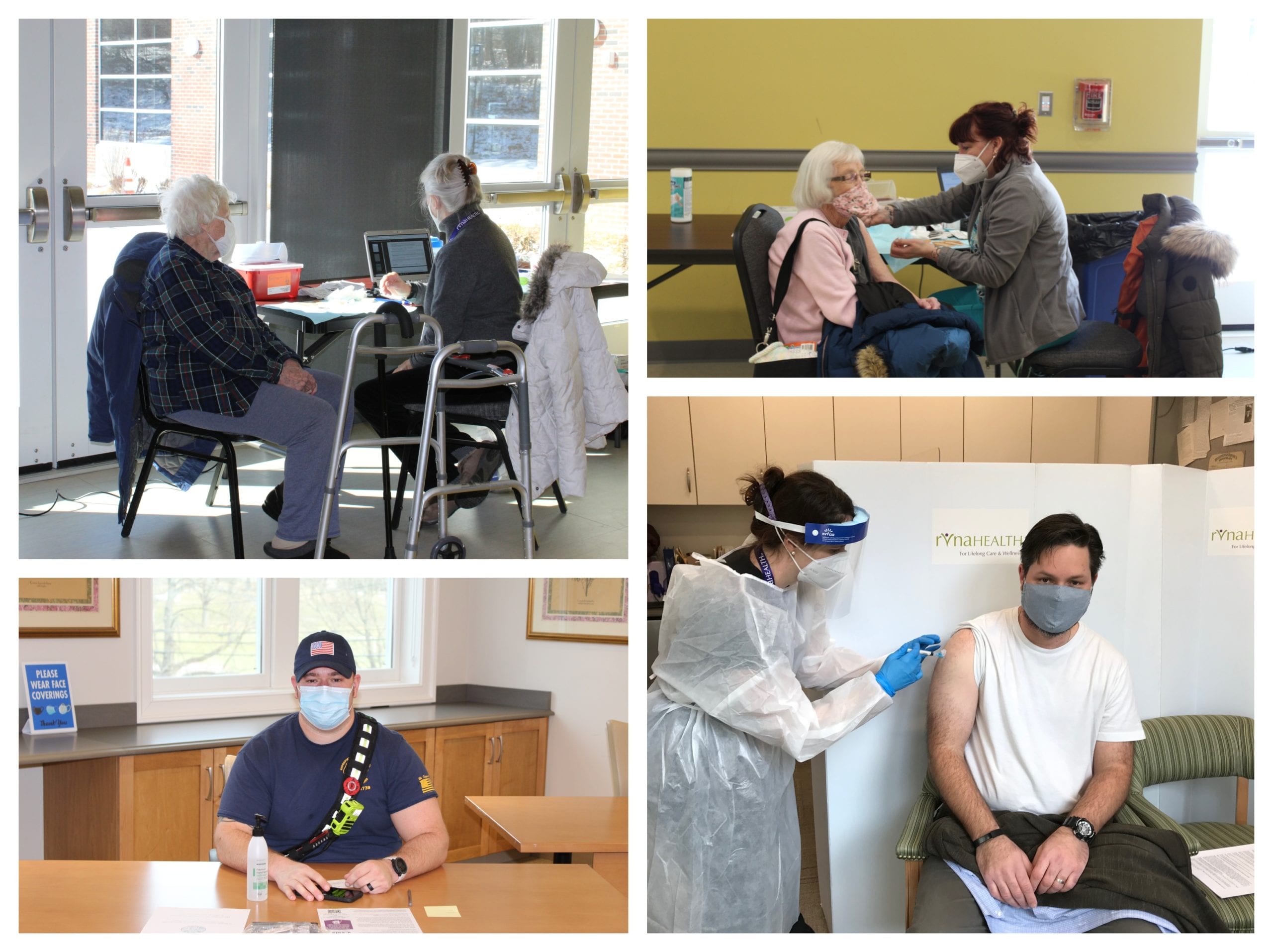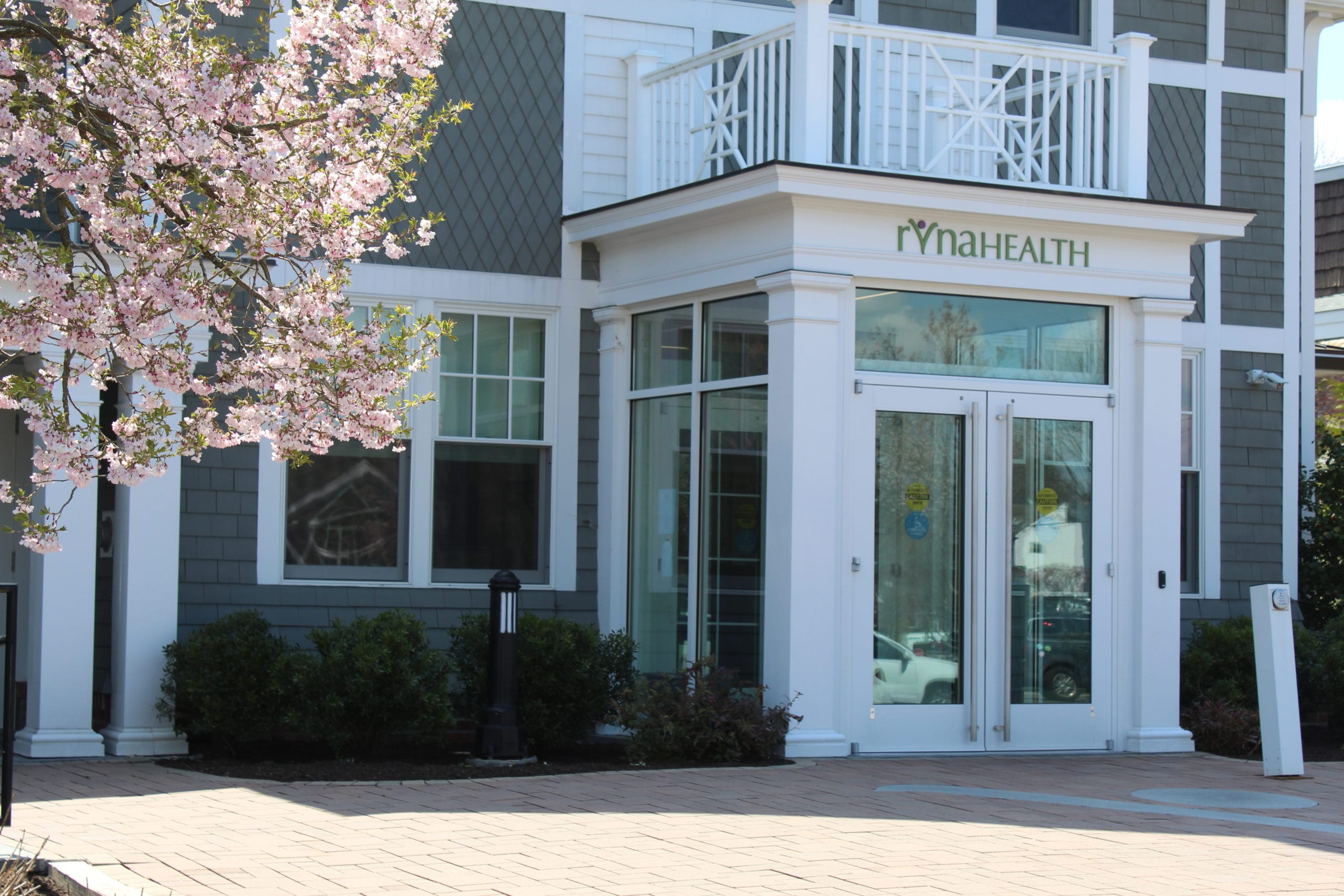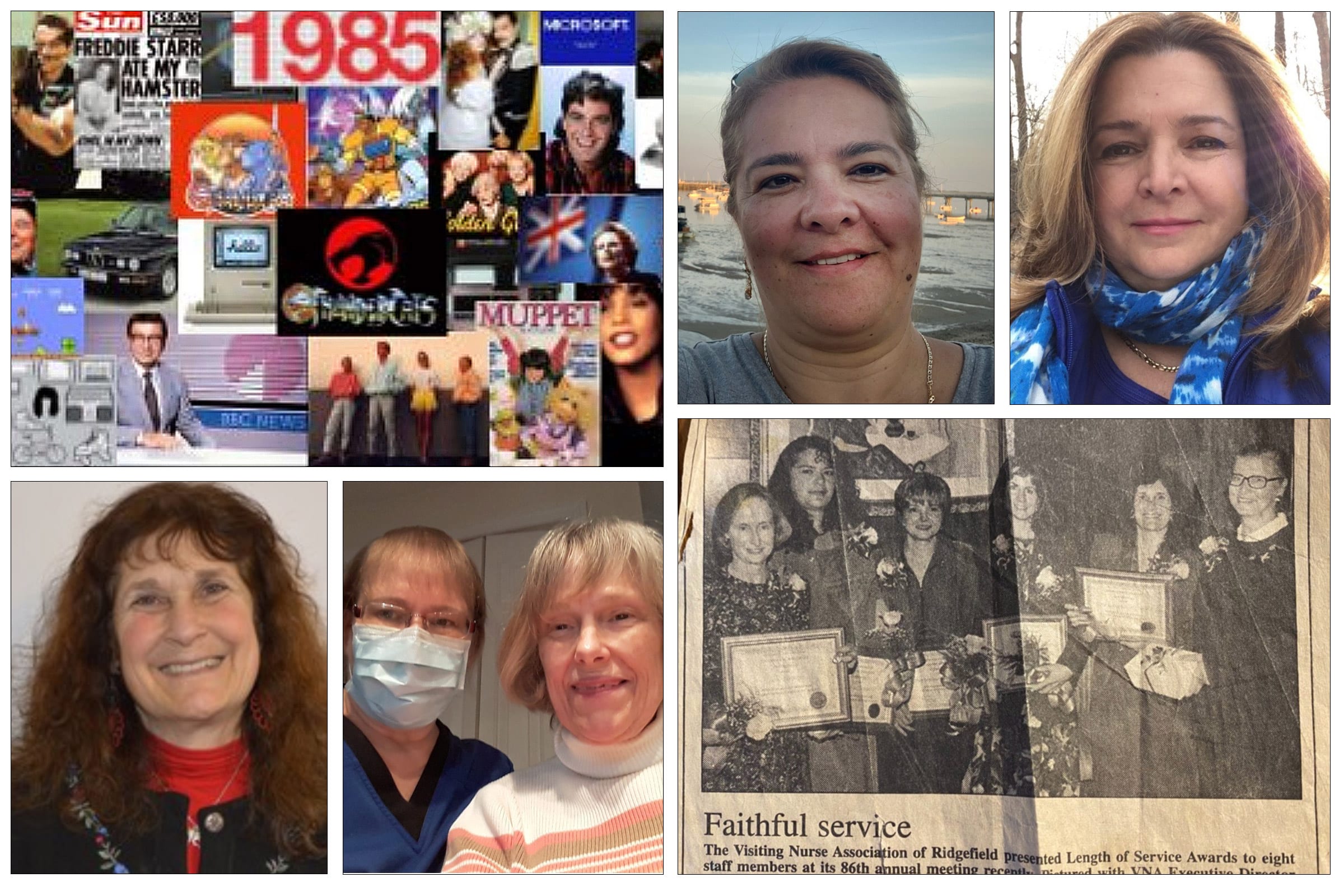More Than Just the Winter Blues
New England is known for its many charms: traditional architecture, town greens, historic sites, autumn’s kaleidoscope of colors, and the richness of four distinct seasons: hot, sunny summers; snow-laden winters, and the welcome blossoms of spring.
For many each year, however, the arrival of colorful leaves and crisp fall air brings a painful reality called Seasonal Affective Disorder (SAD), a type of recurring depression signaled by the change of seasons which typically starts during late fall or winter. While scientists are unclear precisely what causes some to develop the disorder, they do know that women are more likely to suffer from SAD than men, that a shortage of Vitamin D (which the body produces when exposed to sunlight) exacerbates it, and that those afflicted may produce more melatonin than non-sufferers.
According to the National Institute of Mental Health (NAMI), individuals living in New England, Alaska, and other areas farthest from the equator, are more likely to experience SAD due to the shorter days and reduction in sun strength during the fall and winter months. And this year, with the COVID-19 pandemic causing increased isolation, limited activity, and enhanced tension, symptoms of SAD may be more pronounced than ever.
NAMI encourages people to be aware of the symptoms of SAD — low energy, low mood, decreased interest in normal activities, agitation, anxiety, or hopelessness, to name a few — and take steps to address them.
A long dark winter can be tough in the best of times. This year, which is anything but, be sure to keep an eye on yourself and your mood and take action. Engage in social activities. Connect virtually or make plans with immediate family and friends. Maximize light at home and spend time outdoors. Take care of yourself and contact your physician or a mental health professional if you’re struggling to rise above. You’re definitely not alone.
For more information on Seasonal Affective Disorder visit www.nimh.nih.gov.

